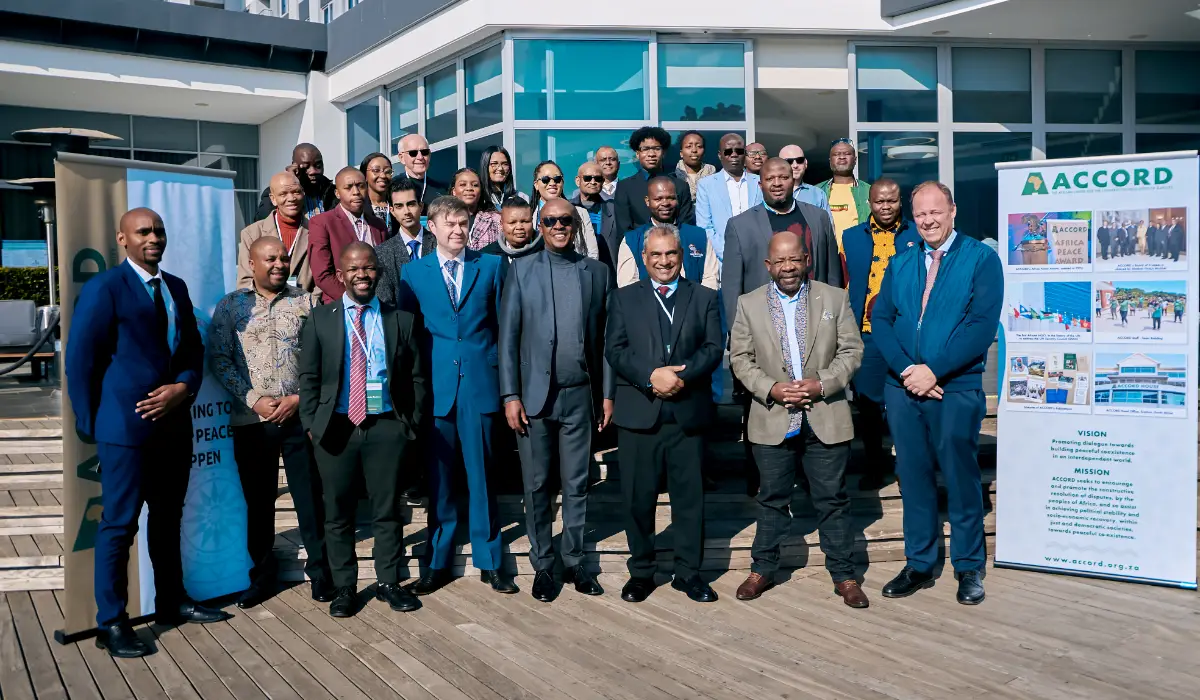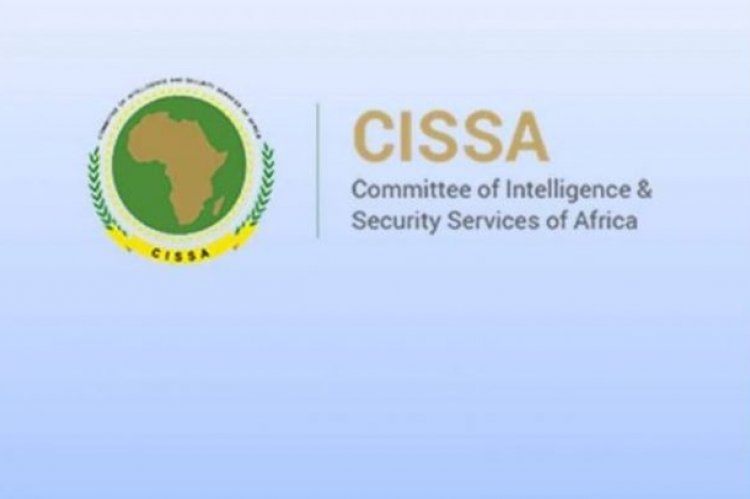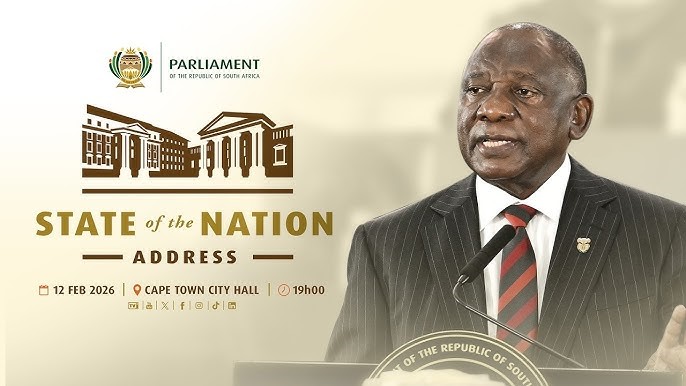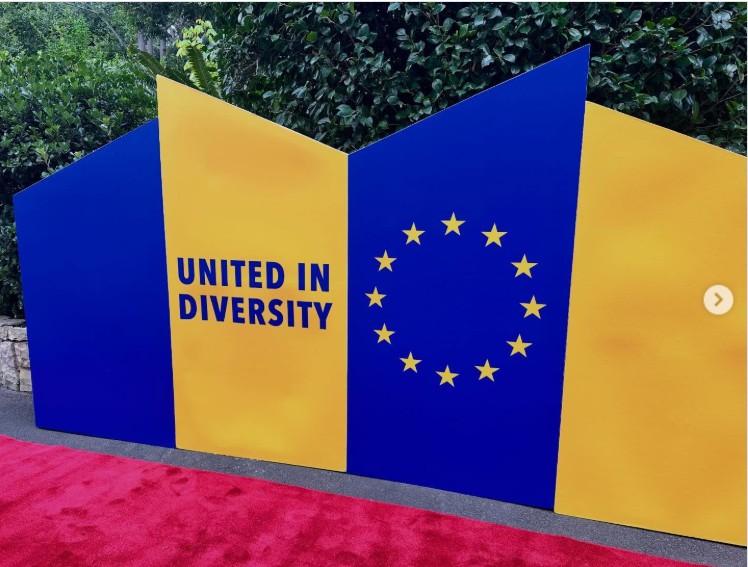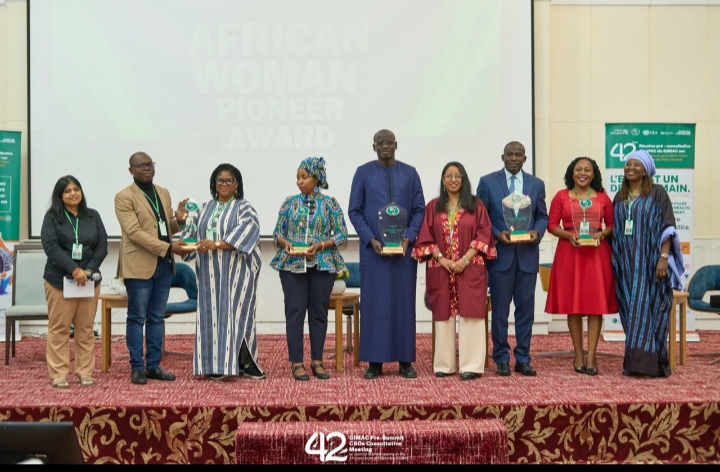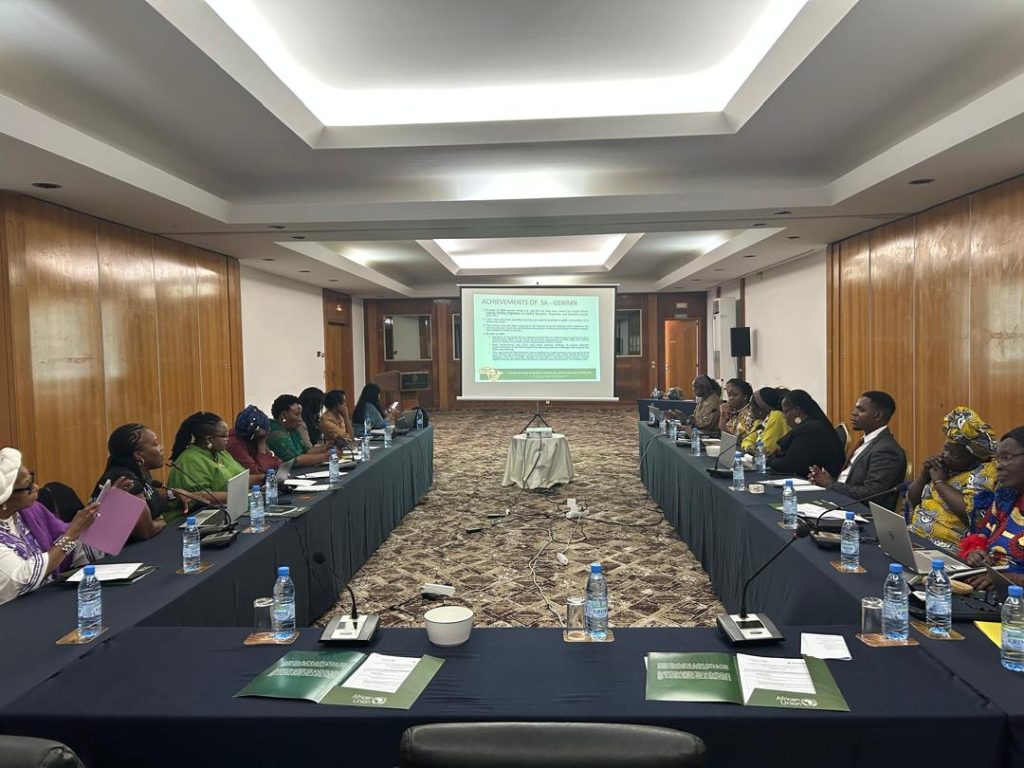On 27 June 2024, ACCORD hosted a seminar titled “Legislating Sustainable Local Government Coalitions in South Africa: Reflecting on the Coalition Bill (2024)” in Johannesburg. The seminar focused on the new Local Government: Municipal Structures Amendment Act, 2024 (‘Coalition Bill’), which was published in the Government Gazette for public comments on 21 May 2024 with the closing date being 31 July 2024. Generally, the Coalition Bill aims to “provide for a legislative framework to guide the formation and the management of coalition governments, as well as providing systems to minimise the challenges of coalitions within the Local Government sphere.”
The seminar convened various key stakeholders including, relevant government officials, academic experts and practitioners in the space of local government, and members of the diplomatic corp, to dissect the contents of the Bill. In his keynote address, Mr Parks Tau, Former Deputy Minister of the Department of Cooperative Governance and Traditional Affairs (CoGTA) endorsed the seminar as a timeous initiative considering the recent national election results and the evolution and consolidation of South Africa’s democracy. He mentioned that while the work has already been done towards the Coalition Bill, the seminar inputs will generate critical thinking around some of the key provisions. Remarks by Adv. Vasu Gounden, Founder and Executive Director of ACCORD and Mr. Tim Reilly, Deputy Head of Mission at the Embassy of Ireland in South Africa also provided during the opening of the seminar.
The first session, facilitated by Ms. Sanet Solomon, Lecturer, Department of Political Sciences, University of South Africa (UNISA), focused on South Africa’s Local Government Architecture & Electoral System. Speakers included Dr Michael Sutcliffe, Founding Partner, City Insight (Pty) Ltd, & Former City Manager, City of eThekwini Metropolitan Municipality; Mr Terry Tselane, Executive Chairman, Institute of Election Management Services in Africa (IEMSA); and Dr Kevin Naidoo, Deputy Director-General, Policy, Governance and Administration, CoGTA. During the seminar, it was emphasised that the current political landscape, including electoral developments and coalitions at the national and provincial levels, has overshadowed the Coalition Bill. As such, a proposal made to delay the implementation of the Coalition Bill and instead create a more comprehensive version that will address all levels of government.
The second session reflected on the international experiences on legislating coalitions and was facilitated by Adv Sipho Mantula from the Thabo Mbeki African School of Public and International Affairs, UNISA. Mr Mark Garrett, Director General, Law Society of Ireland presented virtually and shared experiences from Ireland; and Ambassador Refiloe Litjobo, Independent Governance Expert and Former Member of Parliament, National Assembly of Lesotho, shared on Lesotho’s experiences with coalitions. The experiences from Ireland emphasised the importance of formal structures to manage coalitions. Similarly, the Lesotho experience indicates a need for conflict resolution mechanisms, legally binding coalition agreements, and legislative reforms to address challenges and support coalition stability.
Dr Fikile Vilakazi, Director, Gender Equity Unit: University of Western Cape, facilitated the third session that mapped the current state of play in municipal coalitions. Insights from Professor Susan Booysen, Head of Research, Mapungubwe Institute of Strategic Reflection (MISTRA), provided an overview of municipal coalitions since the 2021 local government elections. This was followed by an overview of local government coalitions in the province of KwaZulu-Natal, presented by Mr Sabelo Gwala, Director of Operations at the KwaZulu-Natal, South African Local Government Association (SALGA); and Dr Sithembile Mbete, Senior Lecturer, Department of Political Sciences, University of Pretoria (UP) as the respondent. An argument was raised that coalitions are not necessarily a challenge or risk, neither are kingmakers the primary issue, but there is a need to bridge electoral outcomes with the necessary governance outcome.
In session four, discussions centred around understanding and assessing the Coalition Bill (2024) with facilitator, Ms Naledi Modise, Lecturer, Department of Political Sciences & International Relations, North-West University. The session derived legal, political and governance implications of the Bill, with presentations from Adv. Jennica Beukes, Legal Practitioner and Doctoral Researcher at the Dullah Omar Institute, UWC; Mr Nkululeko Tselane, Legal Director, Institute of Election Management Services in Africa (IEMSA); Professor Kealeboga Maphunye, African Politics, Department of Political Sciences, UNISA; and Mr Joel Bregman, Senior Researcher, My Vote Counts.
The topics under discussion included the secrecy of the vote and the introduction of electoral thresholds. While preserving the secrecy of the vote was regarded as essential, some suggested that a show of hands for voting would enhance transparency and reduce vote buying. Additionally, experts debated the rationale behind setting electoral thresholds. Some argued that it would limit diversity and inclusivity, while others believed it would lessen the presence of numerous political parties, thus reducing potential political instability in councils with no clear majority. They saw this is a legitimate and justified governance purpose.
The seminar forms part of the Contributing Towards Sustainable Coalitions at Local Government Level in South Africa Project that ACCORD is implementing in 2024, supported by the Embassy of Ireland to South Africa. The project consists of research and capacity-building components to contribute knowledge and conflict resolution skills towards more sustainable coalitions in the country.
The outcomes of the seminar will form part of ACCORD’s public comments and contribution towards the legislative processes of the Coalition Bill. This seminar contributes evidence-based analysis, policy support and knowledge to respond to complex conflicts.

